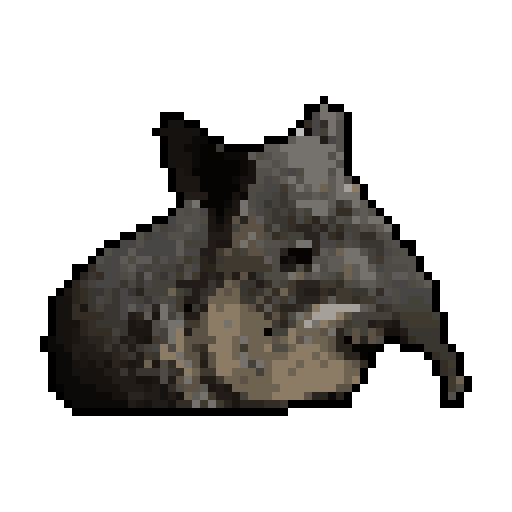The T-online API Repository contains the interface definitions of t-online APIs that support the gRPC protocol. You can use these definitions with open source tools to generate client libraries, documentation and other artifacts.
T-online APIs use Protocol Buffers version 3 (proto3) as their Interface Definition Language (IDL) to define the API interface and the structure of the payload messages.
overview
guidelines
- tapir provides an IDL and RCP services stubs to access editorial content and their configuration. This allows delivering various t-online products developed by independent teams
- RPC services and proto messages are optimized for an efficient development and delivery of those products: One of our internal API guideline demands that all the content required to render a page must depend on a single API call.
- different editorial content types and product features are modeled by the same proto messages using the same concepts. This allows to keep the APIs clean and future proof. Examples:
- articles, videos or galleries share the same message structure distinguished by a type field
- attributes of an article are modeled as generic
<string, string>maps - elements of an article like images, videos and their assets share the same proto messages and can be distinguished by a type field
- enumerations are only used for stable/rarely changing lists of pre-defined values like a content type.
Volatile fields like layout types are modeled as
stringfields.
- proto message fields and entries of maps are optional unless commented otherwise. Clients must not break if an optional field or map entry is missing.
generate gRPC source code
To generate gRPC source code for t-online APIs you need to install protoc and gRPC on your local machine,
or you can use our protoc docker image which includes all required plugins for java, node and go source code
generation.
Then you can run make LANGUAGE=xxx to generate the source code for a specific language.
It's also possible to generate gRPC source code for java, node and go at once: make generate.
quality assurance
We use buf to lint our proto files and to detect breaking changes. In addition, we run some basic language specific tests to verify a
successful code generation for java, node and go.
Run make check to run all checks.
client libraries
We generate packages for java and node automatically for each new tag which can be integrated in your build system. In addition, the generated go source code is tagged for usage with go modules.
release a new tapir version
To create a new release run make BUMP=[major|minor|patch] release (defaults to patch) in your clean master branch.
In most cases you want to run
make BUMP=minor release
protoc docker image
We provide stroeer/protoc-dockerized including protoc and all required
grpc plugins to generate source code for java, node and go. This docker image also supports generating a grpc-gateway
reverse-proxy server.
precondition
To access our docker image you need a valid GitHub PAT (personal access token) and login to https://ghcr.io. You have to do this only once.
- create (or re-use) a GitHub PAT in your GitHub settings
- follow the login instructions via GitHub docs
⚠️ login URL ishttps://ghcr.io. Example:cat ~/TOKEN.txt | docker login https://ghcr.io -u [GITHUB-USERNAME] --password-stdin
release
-
bump versions
- protoc version in
Makefile- this version will be used as the docker image tag - go dependency versions in
go.mod - java dependency versions in
build.gradle - node dependency versions in
package.json
- protoc version in
-
Export actor and token for the GitHub container registry
export GITHUB_ACTOR={yourusername}export GITHUB_TOKEN={yourtoken}(needsread:packages,write:packages,delete:packagespermissions)
-
build and push protoc docker image
make protoc-push

